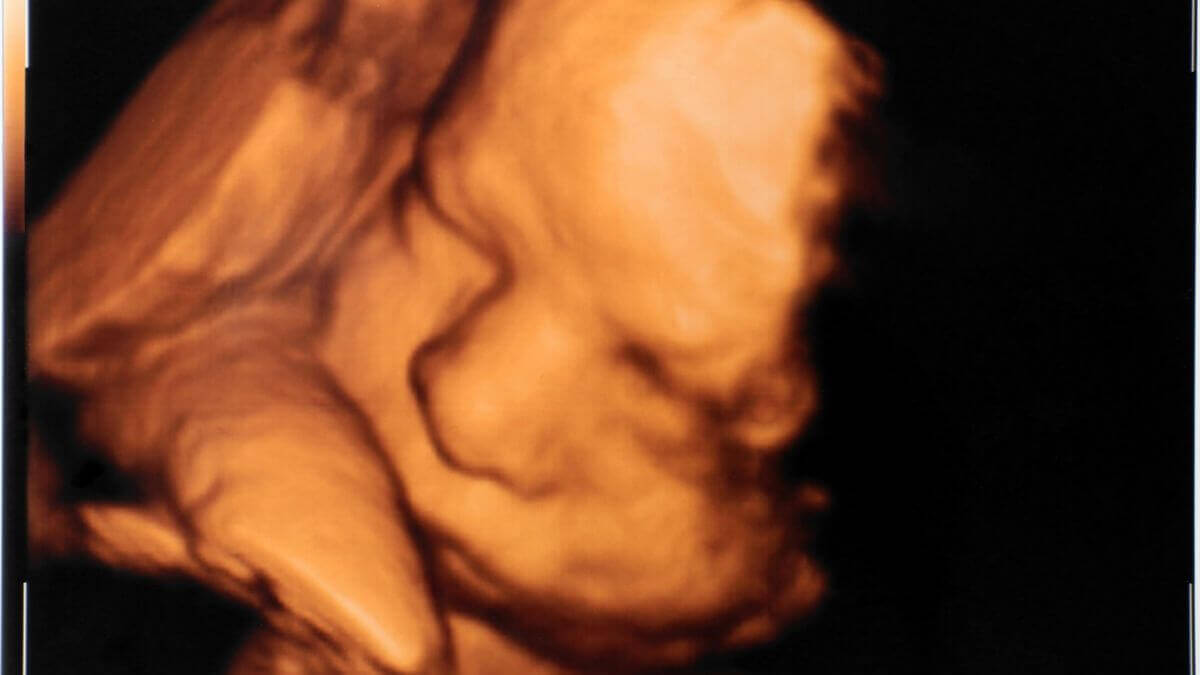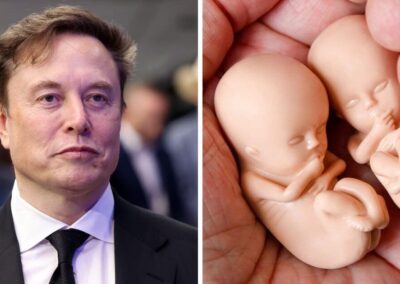Babies undergoing spinal surgery in the womb between 20 and 26 weeks gestation are routinely given pain relief prior to their operation. However, babies whose lives are ended by abortion after 20 weeks are given no pain relief.
At the same time as there have been developments in in-utero surgery to treat babies with spina bifida, there were also 3,602 abortions which took place after 20 weeks gestation in 2018 in England and Wales.
The Department of State for Health and Social Care now admit that while foetuses are given painkillers prior to their surgery – which takes place between 20 and 26 weeks gestation – foetuses at the same gestational age or older whose lives are ended by an abortion do not receive any pain relief.
This inconsistency came to light earlier this year when Sir Edward Leigh MP asked whether painkillers would be administered to babies undergoing spinal surgery in the womb. In response, Jackie Doyle-Price MP said:
“Pain relief for the unborn baby will be delivered intra-operatively. This is administered before the fetal surgery, after the uterus is opened… The surgery takes place between 20 and 26 weeks of gestation.”
This pain relief is administered on the assumption that the baby can feel pain, but babies at the same gestational age are not being given pain relief if their life is being ended in an abortion.
In an abortion after 22 weeks – a point at which children are known to have survived outside of the womb – potassium chloride is injected in the foetal heart. This is the same chemical used to execute inmates in the US (although in these cases painkillers are always given first).
Human Rights Watch describes potassium chloride as “excruciatingly painful if administered without proper anaesthesia. When injected into a vein, it inflames the potassium ions in the sensory nerve fibres, literally burning up the veins as it travels to the heart.”
Commenting on this inconsistency, Professor John Wyatt, an ethicist at University College London and a retired consultant neonatologist said:
“The fact that death is imminent does not remove our ethical obligation to treat pain, even when we cannot be certain if it is present.”
Clare McCarthy of Right To Life UK said:
“On the one hand, we have children who are undergoing spinal surgery in the womb and given painkillers during such a procedure. This is exactly what we would expect for anyone outside of the womb undergoing a serious operation and it is absolutely right that babies in the womb are given this kind of care.”
“On the other hand, babies destined for abortion, at the same gestational age and therefore able to feel pain to the same degree, are not given any pain relief before their lives are ended.”
“There are about 10 abortions after 20 weeks every day in Britain. Every abortion is a tragedy, and the continued refusal to give pain relief to babies destined for abortion adds to that tragedy further.”
(Photo credit – Adobe Stock:Africa Studio)












